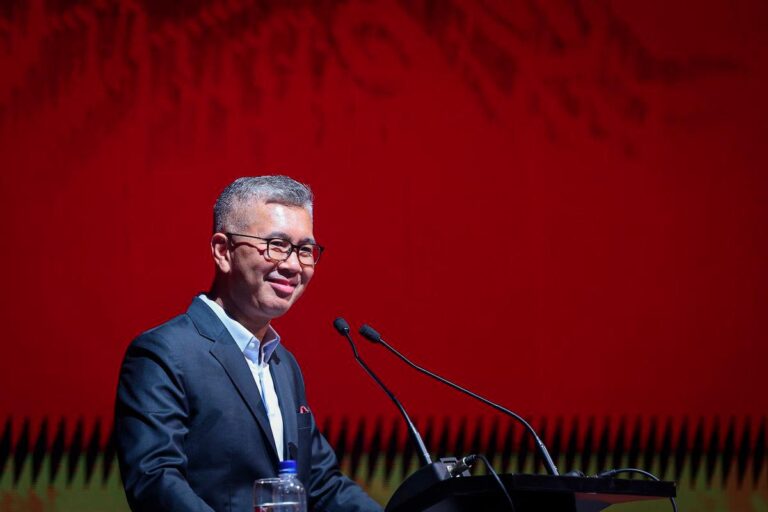
Qualampur: In the Middle East, trade failures due to American tariffs and geopolitical stresses-Small and medium enterprises (SMEs) of business failures (P2P) platform funding societies will have a limited impact on the operating cash flow and credit of borrowers, as most of them are domestic focused.
The group’s Chief Financial Officer Junxiong Ho said that in short-term, a review of the Funding Society portfolio indicates that trade stress and tariff-inspired instability will have a limited impact.
“For the moderate period, we are attentive about the indirect, other order effects of tariffs on the overall economy and specific sectors, subject to our business talks and reactions by other major economies.
“The base scenario is that SME will see low revenue and high cost, but some areas may benefit from additional orders due to trade turn.
“Overall, as a niche player, the risk is manageable because our working capital debt tenure is less, making us agile in adjusting regional attention, and we successfully increased other market shocks such as unprecedented epidemic and interest rates,” said. Sunbiz,
He said that the Funding Society has assessed an impact on its portfolio, has tightened credit parameters such as loan tenure due to medium -term market uncertainty, and applied additional checks on SMEs.
In response to these tariffs and market recession, investors further on behavior, Ho said that the initial signs show a limited effect in the short term, looking at the domestic-centered nature of their SME borrowers, and the company is monitoring the effects of another order.
“Our strategic plan for 2025 is to lend further in specific stable vertical and diversify wealth, and also add flexibility to our business.”
Although many funding societies SME borrowers work mainly in domestic markets, US tariffs will essentially increase their risk premiums, Ho said.
“This reflects the impact of other important market disruptions by us in the last decade, including regional recession, unprecedented global epidemics, and an increase in the interest rate of multi-diak.
“Despite these challenges, Peer-to-Pier Lending and SME forces the opportunities of private loan investment,” he said.
Ho said that investors are designed for P2P for several major reasons: it provides competitive fixed returns, provides flexibility through low investment periods, ensures ease of access to investors, and provides portfolio diversification benefits due to relatively low correlation with traditional asset classes.
“Investors inquire about our approach, portfolio effects and precautions on tariffs.
“Our investor interests remain strong, due to our diverse presence in Southeast Asia and our oversbssed equity funds last year.
He said, “Some investors also invest more, run funds for us from public equity for private credit. However, if business and market conditions do not improve, we expect some investors to increase caution and invest collectively,” he said.
Ho said that since the first US tariff declaration in April, central banks have indicated a desire to cut interest rates and promote economic growth.
“With high risk premiums for us, but low interest in deposits and more unstable risk in other investment options, we are stable in P2P investment for diversification and short-term fixed income to investors, especially for investors who know our short and diverse loan portfolio, strict credit evaluation and flexible outfits.”
As a Fintech firm, Ho said, Funding Society is using data analytics and Artificial Intelligence (AI) to navigate and manage credit risk over a period of multi-decade of three years of epidemic and high interest rates.
“However, generic AI further enables us to increase efficiency and accuracy in the entire end-to-end process, from sales to credit assessment, credit monitoring to compliance and operation.
“There is no silver pill. Finally, we are combining our 10 years of knowledge and experience in SME unsafe borrowings with tech to respond to market uncertainties.”
Ho said that the culture of funding societies is to be constantly improved, especially in flexibility, diversification and laxity, to navigate the new market shock and take advantage of new opportunities.
“However, eventually, a global trade war is a black swan event that affects not only companies, but also nations.
“Some government supports, such as in Kovid -19, will set a long way to protect the social and economic fabric of society and companies,” he said.






